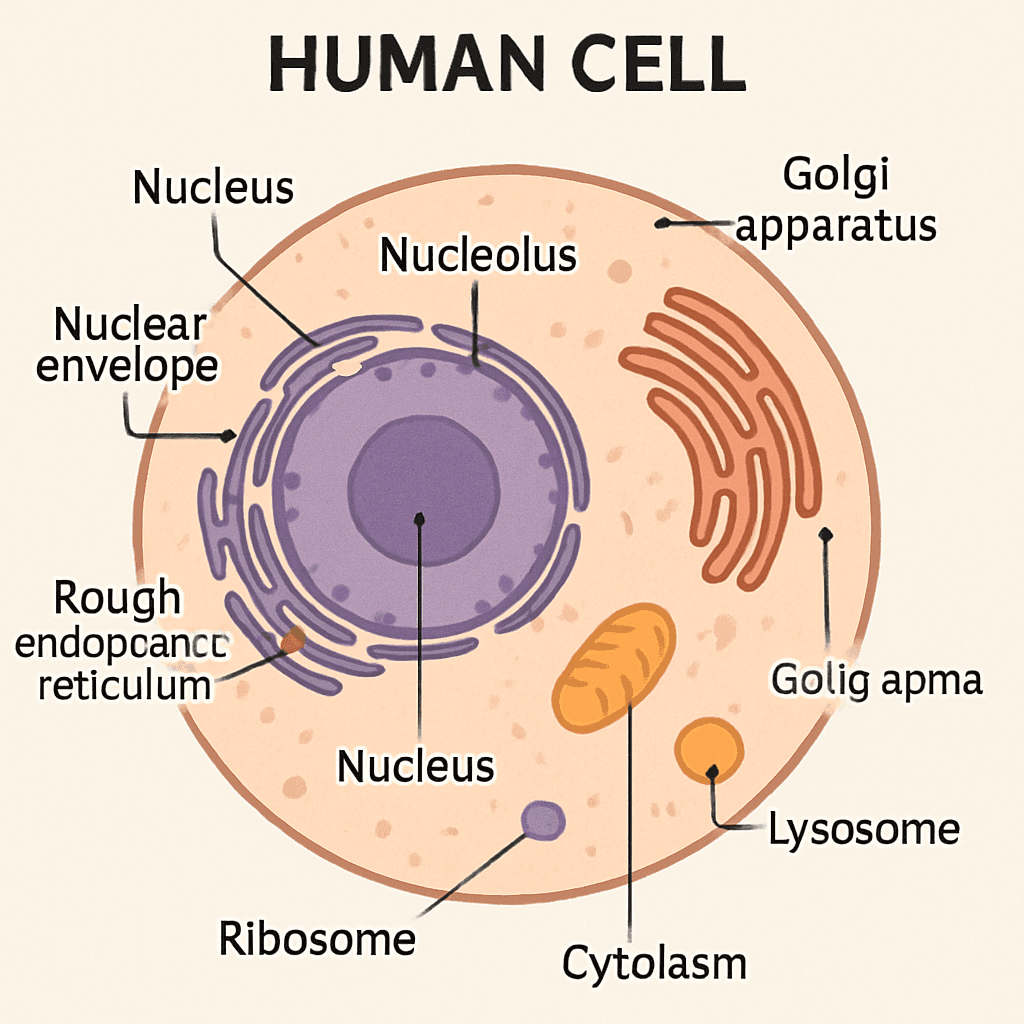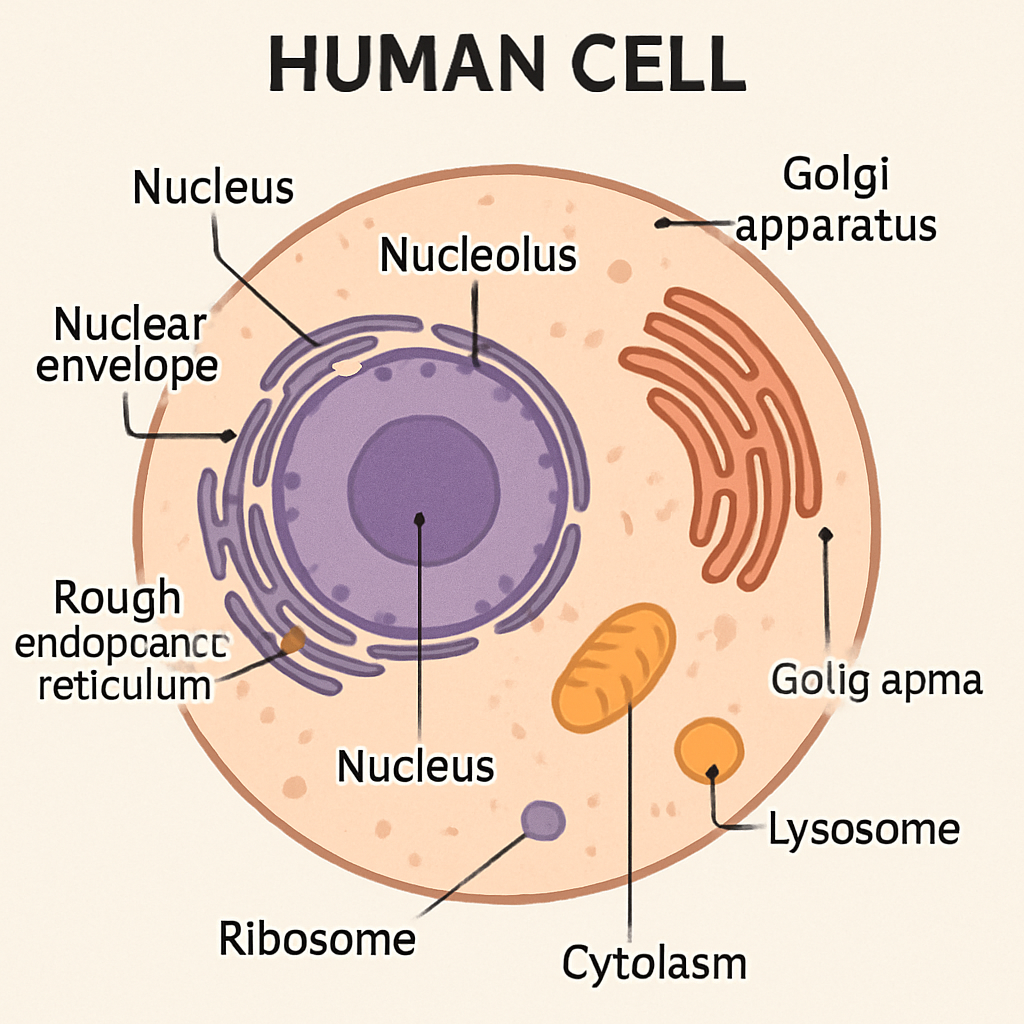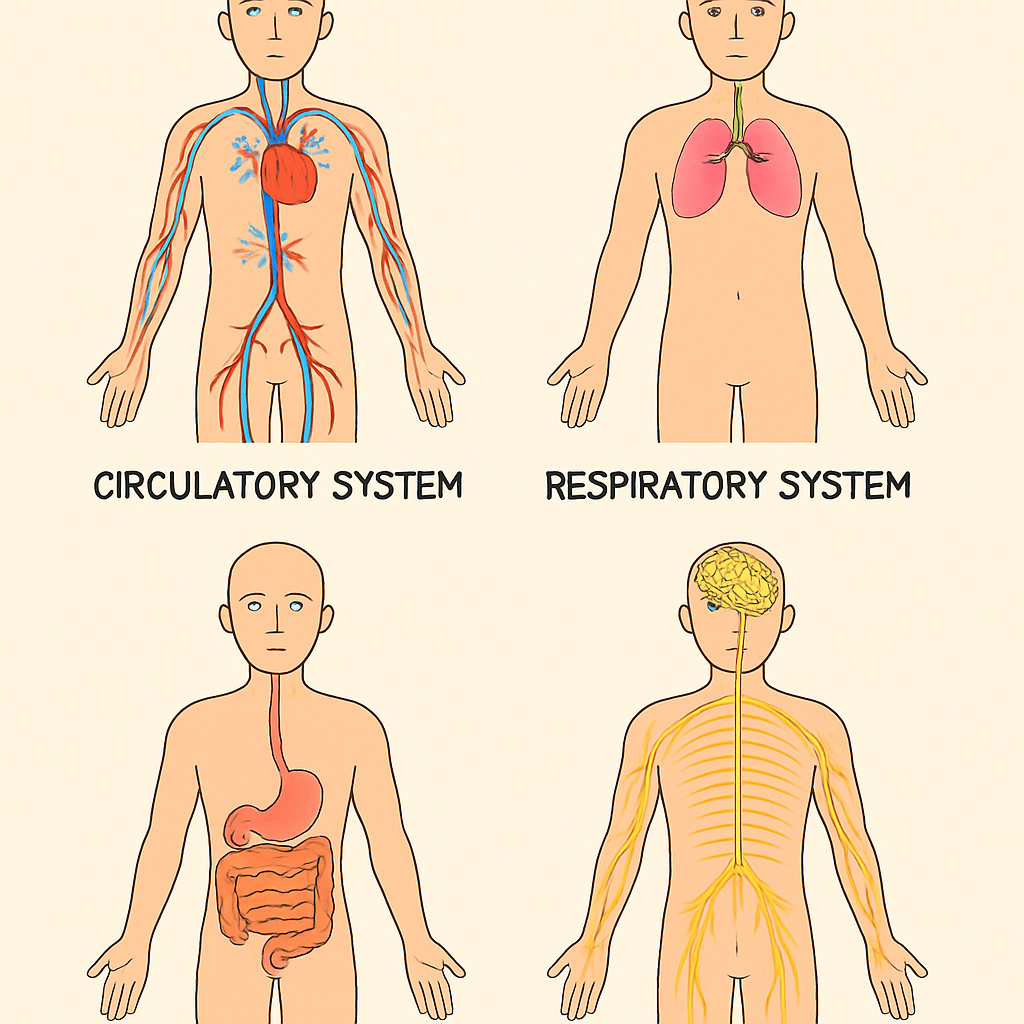Master TEAS Science: Actual Answers & 2025 Updates

teas 7 science with actual answers
Preparing for the TEAS 7 science section can be daunting. This section is crucial for nursing school admissions. It tests your knowledge of human anatomy, physiology, and scientific reasoning.
Understanding the format and types of questions is key. The science section includes multiple-choice questions on various topics. These topics range from cellular biology to chemistry.
Familiarity with scientific terms and concepts is essential. Practice tests and study guides are valuable resources. They help you identify areas of strength and weakness.
Time management is critical during the exam. You need to ensure all questions are answered. Reviewing previous TEAS 6 science questions can provide insight.
This guide will help you navigate the TEAS 7 science section. It includes actual answers and strategies to pass the TEAS exam. Let’s dive in!
What is the TEAS 7 Science Section?
The TEAS 7 science section is a comprehensive part of the TEAS exam. It assesses your understanding of various scientific disciplines. This section is integral to gaining admission to nursing programs.
The section focuses on both theoretical knowledge and application. It evaluates your grasp of human body systems, scientific reasoning, and data interpretation. Your ability to analyze and solve problems is tested thoroughly.
The content is varied, covering essential scientific concepts. Here are some topics you should be prepared for:
- Human anatomy and physiology
- Cellular biology and chemistry
- Genetics and the scientific method
In summary, success in this section requires solid foundational knowledge. Understanding the topics and types of questions is critical. Practice, preparation, and review will bolster your confidence and performance.

Key Topics Covered in TEAS Science
The TEAS 7 science section covers a wide array of topics. Understanding these topics helps prepare you thoroughly for the exam. The section demands proficiency across several scientific areas.
Focus first on human anatomy and physiology. These are crucial topics to master. Knowing various body systems and their functions is essential.
Here’s a breakdown of key anatomy topics to study:
- Cardiovascular and respiratory systems
- Nervous and endocrine systems
- Digestive and excretory systems
In addition to anatomy, you must grasp cellular biology. This encompasses cell structure, function, and processes. It’s imperative to understand how cells operate within the body.
Cell biology topics include:
- Cell components and membranes
- Cellular respiration and metabolism
- Mitosis, meiosis, and genetics
Finally, chemistry and scientific reasoning are vital. Comprehending basic chemical principles enables problem-solving.
Explore the following chemistry concepts:
- Atomic structure and bonding
- Chemical reactions and equations
- Properties of matter and states
Thorough preparation and understanding of these topics will enhance your readiness for the TEAS 7 science section.

Sample TEAS 7 Science Questions with Actual Answers
Practicing sample questions is crucial for acing the TEAS 7 science section. Being familiar with the style and format of questions helps build confidence.
Here is a sample question related to human anatomy:
Question: Which organ is responsible for filtering and excreting waste products from the blood?
Answer: The kidney.
Such questions examine your understanding of the body’s systems. Knowing organ functions and interactions is key.
Another important area is cellular biology:
Question: What cell organelle is primarily responsible for energy production in the cell?
Answer: The mitochondria.
Grasping cell structures and their roles will benefit your prep. These questions test your factual knowledge and application abilities.
Consider a chemistry-related question:
Question: What type of bond forms between water molecules?
Answer: A hydrogen bond.
Understanding chemical concepts, including types of bonds, is essential. Connections between scientific areas enhance problem-solving skills.
Lastly, scientific reasoning may appear:
Question: Why is a control group necessary in experiments?
Answer: It allows comparison and validates results.
Such questions require critical thinking and applying scientific principles. They assess your comprehension beyond just memorizing facts.
Using practice questions mimics real exam conditions. This method effectively highlights strengths and areas needing improvement.
How to Study for the TEAS 7 Science Section
Effective preparation is key to passing the TEAS 7 science section. A structured study plan greatly enhances understanding and retention.
Begin by breaking down the science topics into manageable sections. Focus on one area at a time to avoid overwhelming yourself. This targeted approach helps build a solid foundation.
Leverage a variety of study materials such as textbooks, online resources, and TEAS prep books. Diversifying study resources keeps the process engaging and thorough.
Include these study activities in your routine:
- Take practice tests regularly to simulate exam conditions.
- Join study groups for collaborative learning and support.
- Review anatomy and physiology diagrams for visual reinforcement.
- Consistency and dedication are essential to your study routine. Daily or weekly study sessions significantly boost retention of the material.
By incorporating these strategies, you build confidence and mastery over the TEAS 7 science content. This preparation method allows for both factual recall and practical application needed for success.
Tips to Pass the TEAS Science Exam
Passing the TEAS science exam requires strategic preparation and effective test-taking skills. Prioritizing key concepts and utilizing study aids can enhance performance.
Focusing on time management during the exam is vital. Allocate time based on the complexity and familiarity of each question to ensure all are addressed.
Incorporate these tips into your study plan:
- Use flashcards to memorize scientific terms efficiently.
- Engage in regular review sessions to reinforce learning.
- Simulate test conditions with practice exams for familiarity.
During the exam, carefully read each question to avoid misinterpretation. Use the process of elimination for multiple-choice questions to increase the likelihood of selecting the correct answer.
By employing these tips, you can improve your chances of passing the TEAS science section with confidence.
TEAS 6 vs. TEAS 7 Science: What’s Changed for 2025?
The transition from TEAS 6 to TEAS 7 science involves several updates. These changes reflect advancements in scientific understanding and educational focus.
Key modifications for 2025 include enhanced emphasis on scientific reasoning. This aims to assess not just factual recall, but also the application of knowledge. Additionally, expect more diverse question formats that test critical thinking.
Here are the notable changes:
- Increased focus on scientific reasoning
- Updates in question formats
- Broader range of scientific topics
These adaptations ensure that the TEAS 7 exam remains a relevant and effective tool for evaluating nursing candidates. Preparing with these changes in mind will better equip you for the exam challenges.
Frequently Asked Questions about TEAS Science
What is the format of the TEAS Science section?
The TEAS science section contains multiple-choice questions. These questions cover topics like anatomy, physiology, and chemistry. Scientific reasoning and data interpretation are also key components.
How can I effectively prepare for the TEAS Science exam?
To effectively prepare, utilize practice tests and study guides. Regular study sessions and time management practice are crucial. Understanding the test format helps reduce test anxiety and enhances focus.
List of Additional FAQs:
- How long is the science section?
- Can I retake the TEAS exam?
- What resources are most effective for studying?
These FAQs address common concerns, helping you navigate your preparation with confidence. Understanding these aspects can guide a well-rounded and focused study approach.
